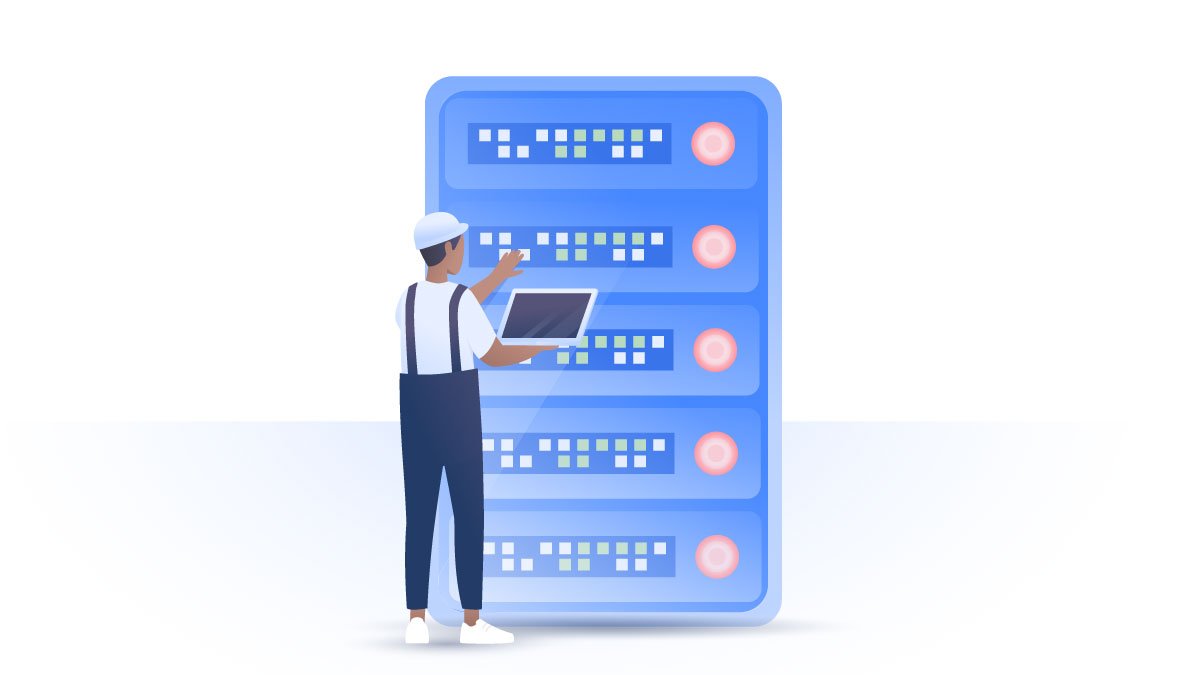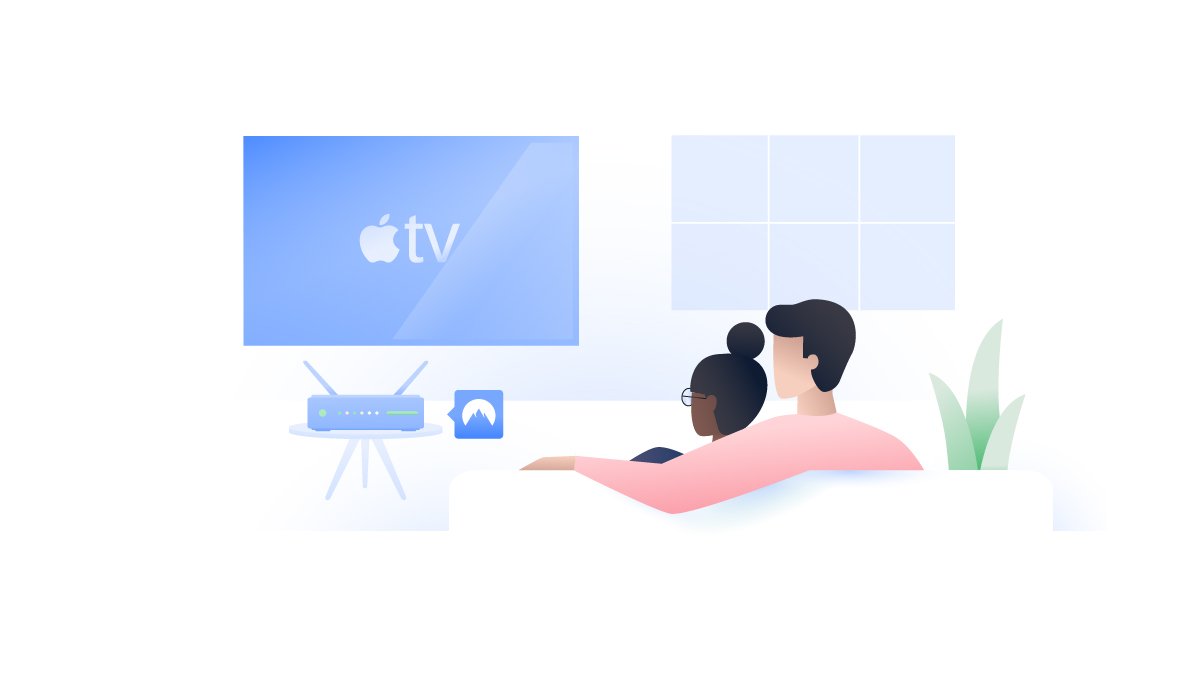Are smart TVs a security risk?
Smart TVs are the new normal in many countries around the world, according to new data from NordVPN. It makes sense, of course; having your TV connected to the internet is affordable, convenient, and opens up a range of new entertainment options. However, smart TVs are not without their risks.
Malcolm Higgins
Sep 07, 2021 · 3 min read

What is a smart TV?
Smart TVs are now so common that most people just think of them as regular television sets. However, large portions of society still don’t use these devices, so it’s worth taking a moment to define exactly what the term covers.
A smart TV is any TV that connects to the internet. You might still use your set to watch Cable and traditional TV channels, but your device will also be able to stream shows, movies, and even games from online platforms and applications.
Which countries have the highest smart TV usage?
As a general metric, the recent NordVPN study assessed the percentage of households in each country where a TV was connected to the internet.
According to our data, the UK leads the pack with a whopping 65%. They’re followed by Canada (60.9%), Australia and the US (both at 58.5%), Germany (53.9%), and France (48.2%).
Among the countries we surveyed, these six come out on top. However, we expect that smart TV use across East Asia is also high.
Are smart TVs safe to use?
Like any device that regularly connects to the internet, smart TVs bring with them a variety of privacy and security concerns. They count as IoT devices, and as such can be uniquely vulnerable to attacks.
For one thing, your TV is less likely to support high-level security software, as you won’t always be able to download the kind of antivirus and encryption tools that your computer or phone can run. A VPN, for example, won’t be supported on many smart TVs (although it does work for certain systems).
Some of these devices also come with cameras and microphones built in, which could be exploited by bad actors. And since your smart TV will probably run on Wi-Fi, it could give hackers access to other devices that use the same network, including your router.
How to supercharge smart TV security
You shouldn’t have to choose between a great online TV and strong security — it’s possible to have both. Use the following tips to enhance your smart TV safety.
- Use strong passwords. If your TV is regularly or continually connected to the internet, make sure the device itself — as well as any applications installed on it — use strong, hard-to-guess passwords. A good password is long, complex, and randomized, with a mix of numbers and letters.
- Secure your router. Along with any other IoT devices you might have, your smart TV will probably connect to the internet through a router in your house. Make sure that your router is as secure and protected as possible. Strong passwords are essential, of course, but you can also enable a VPN for your router, to encrypt any data travelling through it.
- Install a VPN on your smart TV. If your TV supports the NordVPN application, we strongly recommend that you use it to encrypt your data and protect yourself from prying eyes. Of course, even if you can’t do this directly, you can still try to use a VPN on your router to the same end.


